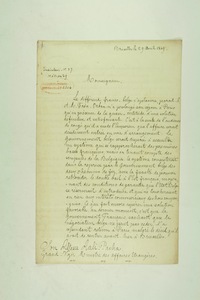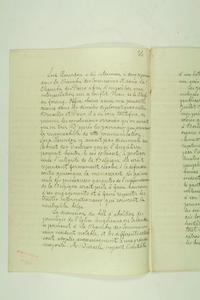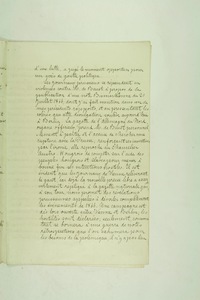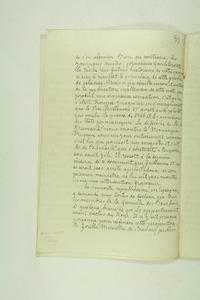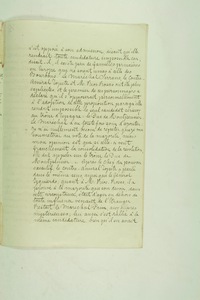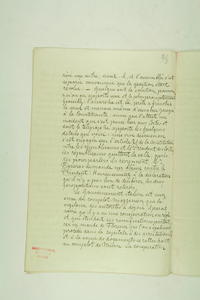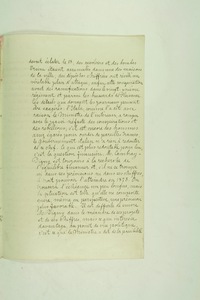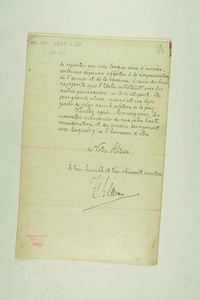Ottoman Diplomats
Letters from the Imperial Legation in Brussels (1849–1914)
Synopsis
The railroad conflict between Belgium and France still wasn’t solved. Belgian Prime Minister, Frère-Orban, had prolonged his stay in Paris with the prospect of a definitive solution. From English newspapers, Glavany learned that Lord Clarendon, had to intervene two times – once in the British House of Commons and once in the House of Lords – to prevent interpellations on this conflict. This way, he had prevented wrong conclusions to develop on this matter. The newspapers reported that Lord Clarendon acknowledged, however, that Belgium’s integrity and independence should be maintained, and in case of threat, Britain would help Belgium. The debates about the abolishment of the privileges of the Anglican Church in Ireland continued, but without notable incidents. (Even Disraeli saw that fighting was pointless.) The articles were adopted by a large majority. About Prussia, Glavany reports that German and Austrian newspapers attacked Beust, accusing him of having caused a rupture between Prussia and Austria, by having published a Bismarckian note from 1866. Glavany does not seem to be alarmed, as long as it remained a polemic about the past. On the contrary, he even foresees positive effects, for it would facilitate the task of future historians. Moreover, it corrected the image of King William I, who seemed to have underwent the war and the annexations that followed, rather than having wanted them himself. According to Glavany, the note proves that it was Bismarck who controlled the situation. In the Spanish parliament, the republican minority asked that the Bourbon family would be excluded from the throne. Almost no one defended this proposition, as there were few European princes without Bourbon family ties. Glavany describes the opinions of the important adversaries: Minister of Public Works Zorillo, marchal Serrano, rear admiral Topete, general Izquierdo, Rios Rosas and marshal Prim. (According to marshal Serrano this proposition would exclude the only serious candidate: Duke de Montpensier.) Glavany hopes that a solution would be found soon, as Spain was on the verge of anarchy. He proves that this fear was grounded, by describing an incident in the Spanish parliament he had read about in a telegram. In the meantime, Italy was under the spell of a conspiracy. Glavany explains the situation, but notes that the Italian newspapers probably exaggerated the details. Italy’s financial situation seemed to be more of a concern. It was a positive sign, however, that minister Digny suggested to take money away from the army, since Italy was on good terms with the rest of Europe. Glavany concludes that this was at least something that added to peace.
Facsimiles
How to cite
If you use this website for your own research, we kindly ask you to mention the following reference in your publications:
Consulted online at Ottoman Diplomats: Letters From the Imperial Legation in Brussels (1849–1914) (2014 Edition), Centre for Political History (PoHis), University of Antwerp, <http://dighum.uantwerpen.be/ottomandiplomats/>.
